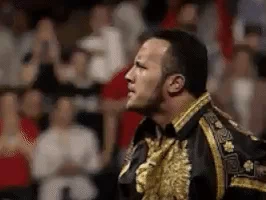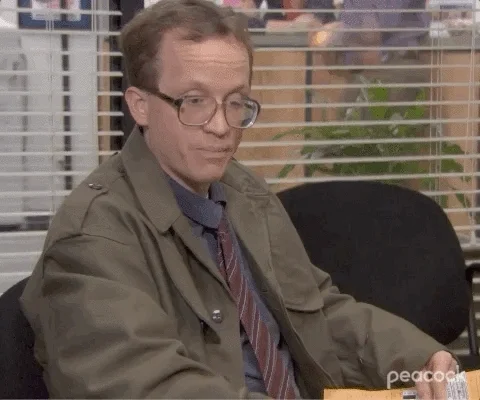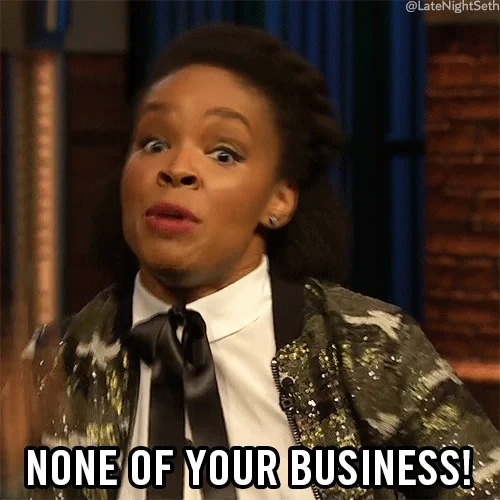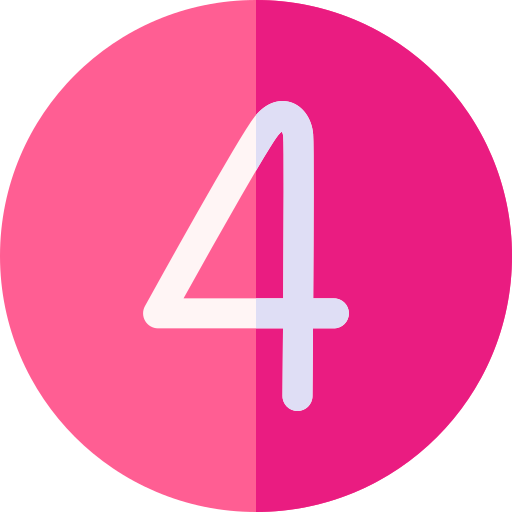
This logo isn't an ad or affiliate link. It's an organization that shares in our mission, and empowered the authors to share their insights in Byte form.
Rumie vets Bytes for compliance with our
Standards.
The organization is responsible for the completeness and reliability of the content.
Learn more
about how Rumie works with partners.
You've been unemployed for the last 7 months but you're thrilled because you finally landed an interview. Congrats!
As you're preparing, you're a bit anxious the interviewer may ask why you've taken so much time off since your last job.
 Photo by LinkedIn Sales Solutions on Unsplash
Photo by LinkedIn Sales Solutions on UnsplashLife happens, and people take time off their previous jobs for various reasons. If you're asked the question, learn why it may come up and use these tips to answer effectively.
What The Interviewer Really Wants To know
Several months (or even years) off may smell fishy to an employer.

In questioning your time away, the interviewer may be trying to assess:
Job stability: Can you hold a job consistently or stick to long-term commitments?
Skills maintenance: The role requires specific skills, and the interviewer wants to make sure your skills are up-to-date. How have you been maintaining them during the time off?
Culture fit: The interviewer is checking if the reason for your employment gap conflicts with the organization's values and priorities.
What Not To Say

Don't appear unprepared. Your future employer will want to see that you respond positively, so:
Avoid blaming others such as your former boss, colleagues, or even external circumstances. You're the navigator of your career.
Don't get defensive and try not to answer the question. It's a valid question because employment gaps can be considered a red flag to some employers.

Don't provide a vague response. That could seem a bit suspicious. What are you trying to hide?
How To Answer

How you frame your answer is key. Try this:
Be honest. Honesty builds trust with the interviewer.
Be positive. Emphasize what you gained during your time away from the workforce. Be it personal growth or new skills, frame the time off in a positive light.
Be brief. Provide context but avoid excessive detail. Give a concise explanation, then direct the conversation towards your qualifications for the role.
Be proactive. Don't wait for the interviewer to ask. Address the time off proactively. It'll show that you're open and comfortable discussing your work history.
Give It A Go
The big day is here and you've been selected to attend the job interview.
The question is asked, "Why did you take so much time off from your previous job?"
What are the best answers?

"After departing my previous job, I dedicated time to personal development, taking online courses to enhance my coding skills. Now, I'm excited to apply this knowledge in my next role."

"I realized the daily grind wasn't for me, and I found more joy in the comforts of home, enjoying TV, and hanging out with friends. Now, I'm seeking a job that aligns better with that lifestyle to satisfy me."

"Personal matters in my life had been a bit rough. My boss back then wasn't really getting it. I just needed a break because, well, life was just doing its thing, you know?"

"I took a break to prioritize my mental health. This strengthened my resilience and commitment to a positive work-life balance. Now, I'm eager to apply my refreshed mindset to a new opportunity."
Quiz
Which option(s) above are good responses?
Option 1 frames the time off in a positive light, highlighting that you improved a skill and gained the knowledge to tackle the new role. Option 4 is honest and shows that even when going through challenges, you can bounce back.
Take Action
Only you know exactly why you took so much time off from your last role. It's okay to feel a bit worried that the question might come up — but you're going to be prepared to answer like a pro.

This Byte has been authored by
Alex Anderson
Learning and Development Specialist
B.A., Certificate